On June 18, 1953, following a four-day strike by white bus drivers that upheld segregated seating on buses in Baton Rouge, Louisiana, several local Black leaders formed the United Defense League (UDL) to protest bus segregation. The UDL urged Black residents to avoid taking the buses, and within days thousands of Black residents had boycotted the buses.
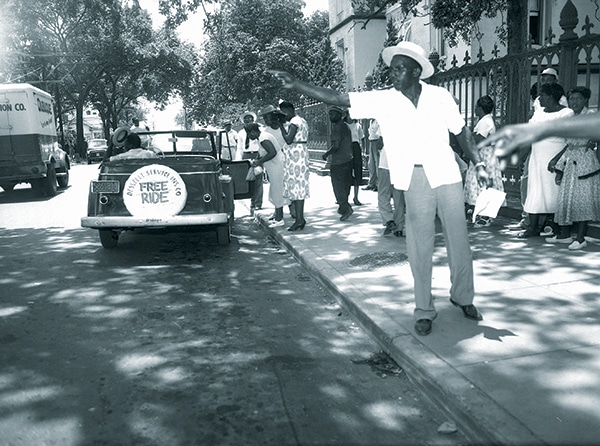
During the 1953 bus boycott in Baton Rouge, the African American community organized free carpools, enabling protestors to go about their daily business while simultaneously showing they would no longer accept second-class citizenship. Photograph courtesy of Ernest Ritchie.
According to Christina Melton’s article “Baton Rouge Bus Boycott”:
In late March 1953, the Baton Rouge City Council passed Ordinance 222, which allowed passengers to fill up the bus on a “first come, first served” basis. This allowed Black passengers to sit in the white section of buses if it was empty. The bus drivers received the directive, but refused to comply. As a result of the drivers’ noncompliance, the Ordinance was ruled illegal because it conflicted with the segregation laws of Louisiana. In opposition, the Black community in Baton Rouge began a bus boycott, led by Reverend T. J. Jemison. The locals developed a “free-ride” network that sustained the boycott. It was a method later adopted by the Black community in Montgomery.
To end the Boycott, the drivers and city council agreed to a compromise. It stipulated that the two side front seats of buses were to be reserved for whites and the long rear seat was for African Americans. The remaining seats were to be occupied on a first-come-first-served basis. The Black community agreed to the compromise and the boycott ended on June 25, 1953. Learn more.
According to BlackPast:
The Baton Rouge Bus Boycott did not end segregation on the buses, but it showed that peaceful, well-organized and supported grassroots protests could be effective in the Deep South. The system of ride-sharing provided a model that was used by the Rev. Martin Luther King and the Montgomery Improvement Association during the Montgomery Bus Boycott.
More Transportation Protests
See a list of dozens of protests on public transportation from 1841 to 1992.

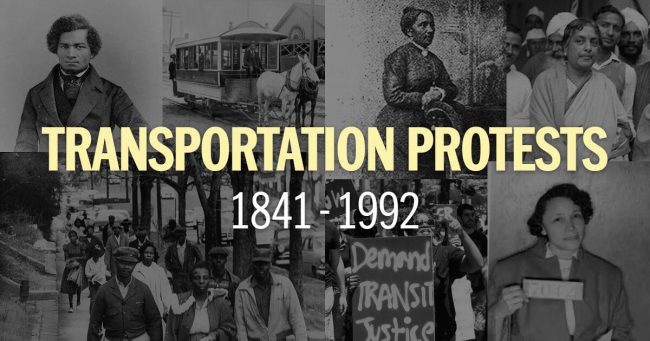

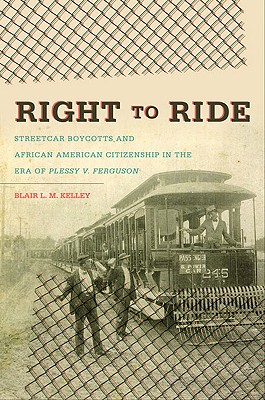
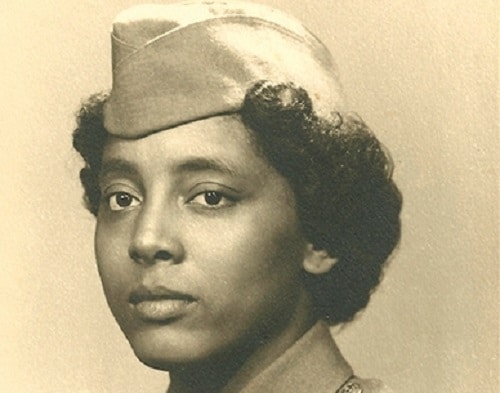

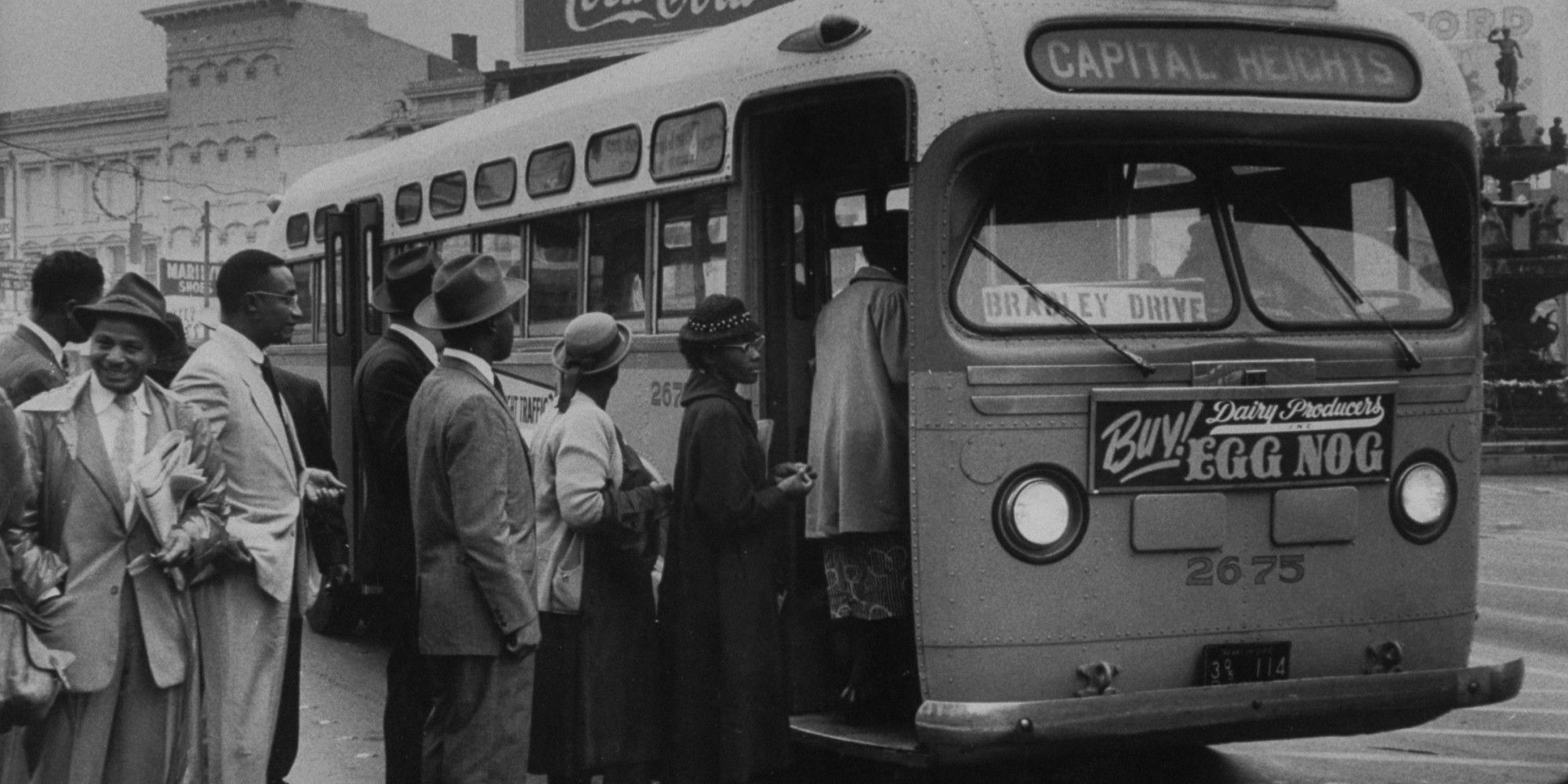





Twitter
Google plus
LinkedIn